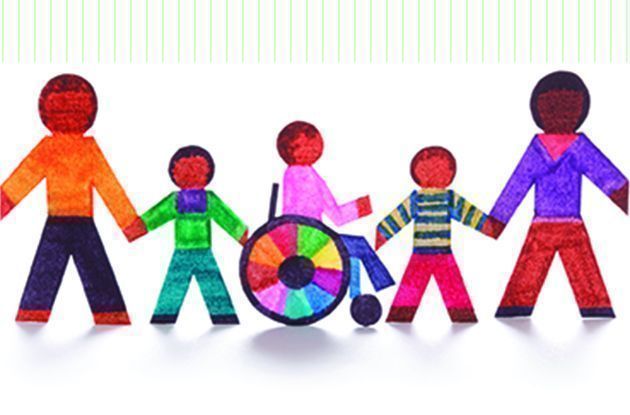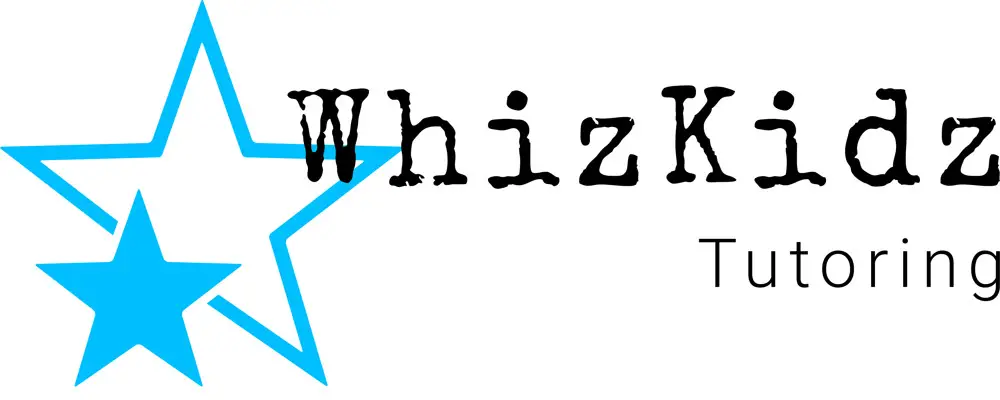Get the Best Family Activities
2. Always avoid power struggles. Power struggles are distractions from the issue at hand.
3. Develop your ability to appear calm when faced with frustration. Watching you fall apart is gratifying to children, and shows them they have gained the upper hand.
4. Develop and maintain a consistent environment. Devise an itinerary for the day, and adhere to it. Create routines and rituals - such as focusing on homework as soon as the child gets home. Such habitual practices diminish power struggles.
5. Develop your ability to predict difficult times and situational triggers for your child. Plan ahead for tough situations so you can maintain calm and integrity when they erupt. For example, if getting a child ready for school is routinely a struggle with Mom, have Dad do it instead.
6. Develop plans to deal with inappropriate behaviors before your child engages in them (and post these plans in the home). Oppositional children are quick to pick up on - and exploit - parents' inconsistent responses and behaviors. Determine consequences ahead of time and always enforce them.
7. Work on changing only one or two behaviors at a time. Be patient. If you are always focusing on the behavior of the day, your child will feel overwhelmed and criticized. Instead, have a talk with him, tell him the one or two behaviors that you will be focusing on, and then do just that. Praise him when he does well. When he is 80 to 90 percent responsive in those areas, have another talk with him and set two more behavioral goals.
8. Use responsibilities to reward your child. Giving your child the privilege of having power and control over her own environment will help her want to earn this privilege. Responsibility equals reward.
9. Seek out social support. Social interaction is a clear antidote to parenting stress.
10. Take time off from parenting. Vacations are a great way to replenish your parental battery. Find someone to watch the kids and head out of town.
Granted, the oppositional child is a difficult challenge. Try some of the solutions above, but if they don't work, don't despair. It may be beyond your immediate skills. If so, get help from an expert in oppositional defiant disorder.
David Swanson, Psy.D., is a licensed clinical psychologist who specializes in children and teens suffering from ADHD, oppositional and defiant behavior, anxiety, depression, and social problems. His new book is Help! My Kid Is Driving Me Crazy: The 17 Ways Kids Manipulate Their Parents and What You Can Do About It. You can learn more about him at www.DrDavidSwanson.com.








